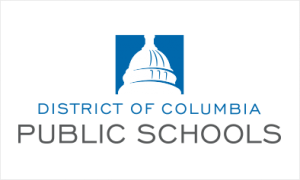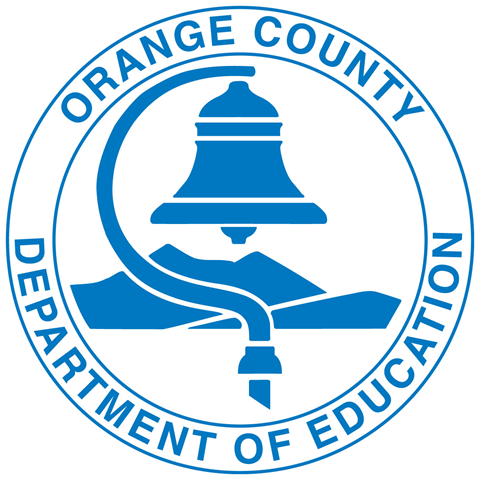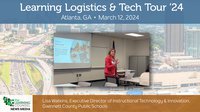After last-minute change, D.C. says it wants students back but will wait and watch virus – By Perry Stein, The Washington Post
All week, parents and teachers in the nation’s capital expected the city to make its long-awaited announcement, revealing what school would look like in the fall. Many younger students would return to in-person learning twice a week, Mayor Muriel E. Bowser (D) would announce, and older students could go back once a week. It wasn’t normal school, but it was more class time than many other districts were offering.
That was the plan as late as Wednesday evening, when city officials laid out in interviews how it would work. But an hour before Thursday’s scheduled news conference, officials said plans had changed. And when the city finally made its announcement, it added a big caveat — and a lot of uncertainty: The health department will now announce on July 31 whether schools will even be allowed to reopen in the fall, or if schools will need to go all virtual.
The swift change of direction came as large districts across the region, and the country, scrap plans to bring students back to class amid national coronavirus infection rates that range from stubborn to surging.

Illinois to spend additional $108.5 million in emergency funds on digital divide, higher ed – By Samantha Smylie and Cassie Walker Burke, Chalkbeat.
Gov. J.B. Pritzker said Tuesday that he will spend $108.5 million in additional federal relief funds on additional efforts to close the state’s digital divide in K-12 and on bolstering universities and community colleges.
The money comes from a discretionary fund for governors that was part of the first federal coronavirus relief bill. The governor had not said how he would spend his portion until now.
“Despite the challenges of COVID-19, I remain committed to a fundamental principle about education: Every student, no matter where they live or the color of their skin or what their income level is, deserves a high-quality education from cradle to career,” said Pritzker in a release.
Pritzker also said that using the funding to bridge the digital divide, provide professional development for educators, and create resources for student’s social-emotional health will advance his vision for equity in education.

Could Orange County schools reopen in fall with no masks? Board of Education says they should – By Ara Cardine, Anh Do and David Carrillo Penazola, The L.A. Times Daily Pilot
Orange County schools could welcome students back to campus this fall — without social distancing or masks — after the education leaders on Monday approved recommendations that sharply contrast reopening plans outlined by their counterparts in Los Angeles and San Diego.
In a 4-1 vote, members of the Orange County Board of Education, with trustee Beckie Gomez dissenting, said they believe a return to schools is the best course for children, in part because science has shown those in the school-age crowd are not at great risk of contracting COVID-19.
Their guidelines — which call for daily temperature checks, frequent hand washing and use of hand sanitizer, in addition to the nightly disinfection of classrooms, offices and transportation vehicles, among other measures — oppose orders issued by the Orange County Department of Education.
The recommendations do not support distancing learners and requiring face masks, two tenets put forth by the county department’s “Orange County Together” guidelines.

How to reimagine testing in post-COVID education – By Matt Zalaznick, District Administration
To stem “COVID slide” learning loss, new policies are needed to boost testing equity and to adapt assessments to online and hybrid learning, according to NWEA.
The nonprofit assessment organization has recommended a slate of state and federal policies lawmakers can enact to reform testing as schools cope with and recover from the coronavirus outbreak.
“Instead of enacting short-term solutions, state and federal policies should focus on reimagining our educational system into one that reduces inequities and best equips future generations with the skills they need to thrive within the modern economic system,” Aaliyah Samuel, NWEA’s vice president of policy and advocacy, said in a statement.
First, NWEA is urging lawmakers to mandate that students with disabilities have equal access to instruction and assessments, and that all accommodations are aligned with individualized education plan (IEP) goals. The organization also encourages increased investment in remote proctoring to ensure privacy and security when students take assessments online. Also, state lawmakers should fund testing innovations that evaluate academic growth and proficiency more effectively and transparently.












